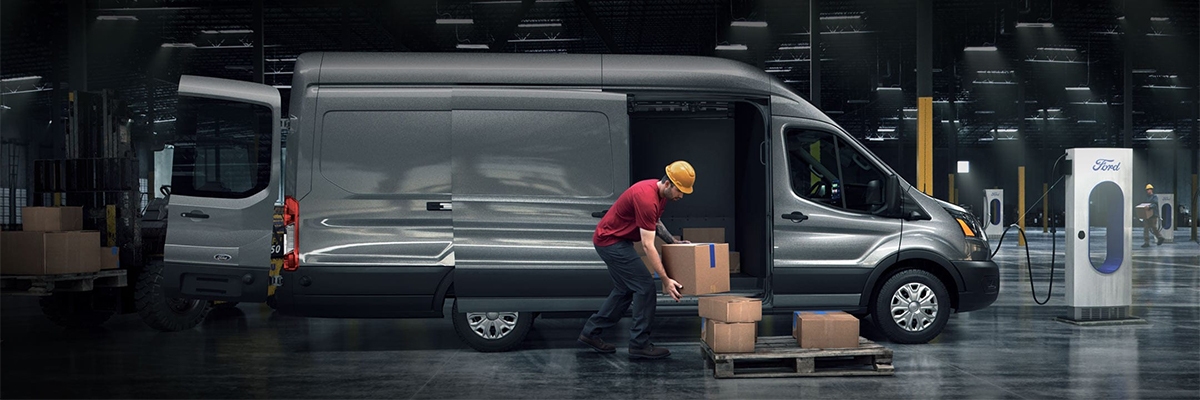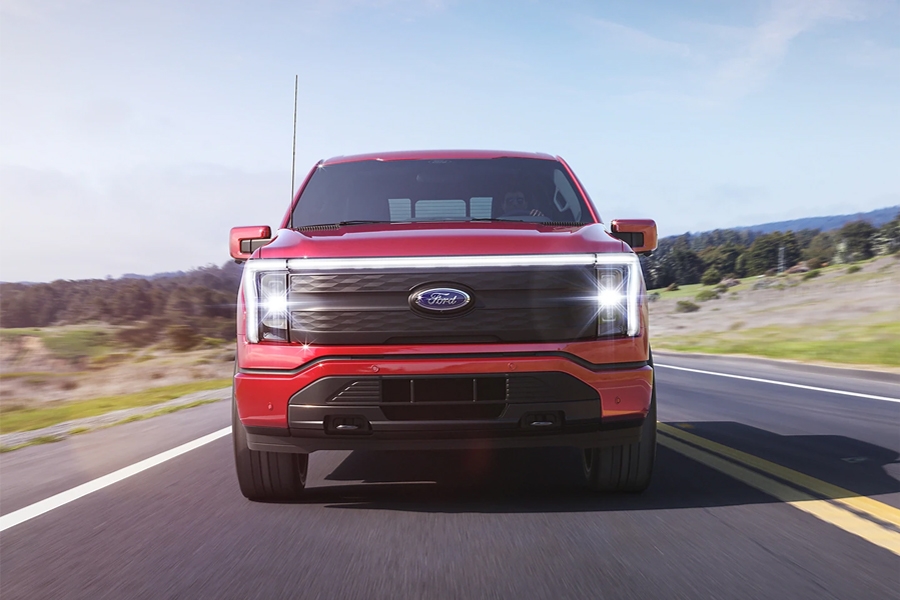What are the Maintenance Costs and Requirements for an Electric Car

The Rundown

Maintenance on cars is almost always a pain to deal with, whether you do it yourself or whether you take it in. With combustion engines, there are quite a few things that we have been accustomed to getting fixed and updated every so often; we need oil changes every 3 to 5 thousand miles, brakes need replacing quite often, fluids need to be checked and moving parts that wear out have to be replaced. If we forget to do any of these things, we pay for it both emotionally and with our wallets. Electric cars (EVs) have been promising to change this. With completely different parts, electric motors and batteries are a whole different beast. Fewer moving parts, no need for oil, and a few other significant differences truly do equate to less maintenance. But we are going to go over the few things your electric car does need, and some side-effects of EV ownership you may not be aware of. Knowing what maintenance your car needs is half the battle. The other half is knowing how much this will cost you in the long run. We’ll break it down for you in this article and you will feel much happier about your EV purchase after learning what maintenance is needed.
What Maintenance is Necessary for My Electric Vehicle?

As aforementioned, very little is necessary simply due to the lack of a combustion engine. While there is no oil or other engine fluids, there are still some fluids that electric vehicles have that need to be maintained and checked regularly. These are brake fluids, coolant, and windshield wiper fluids. No need to check your oil levels or consistency anymore, electric vehicles really make owning a car a little easier in that aspect.
While it does not seem like much maintenance is necessary, there is a major reason that your electric vehicle may need to be taken in every so often to dealer services, and that is your warranty. Electric vehicles quite often have more extensive warranties, but to keep these warranties up to date, regular checkups are required. Since these are covered under warranty and are required to keep the warranty in effect, they won’t affect your wallet and simply take up some time. Each warranty is a little different but make sure to get a clear answer on what is required to keep your warranty in effect.
You may think that brakes would need updating just as regularly as a combustion engine, if not more so since electric cars are heavier. The opposite is true for your electric vehicle. Very little maintenance is required on the brake pads simply because EVs use regenerative braking and there have been reports of electric vehicles going 200,000 miles without any need to replace or repair the brakes at all. Although this may be true, make sure to check your brake pads for wear and tear at regular intervals in your car’s life to make sure your brakes are in good shape.
Is there Any Hidden Maintenance on My Electric Vehicle?

For the most part, no. There are some side effects of the car being so heavy, and that mostly affects the tires. Electric cars are heavier, think of how much your larger battery must be. Not to mention, a motor on the axle makes your electric car just that much heavier than its combustion engine counterpart. The extra weight on your vehicle means your tires need to be a little bit sturdier. This means your tires can be much more expensive than standard combustion engine tires. Many electric vehicle drivers have noticed that these tires need to be replaced more often because of the lack of maintenance. Normally, on a combustion engine, every time you take the car in for anything, you’re asked about tire rotation. Generally, you get it done, as it's only a few dollars more. Without the regular maintenance needed, electric vehicles’ tires are often neglected. This means they wear down quicker than a standard tire and are expensive to replace. You can extend the life of your tires by simply maintaining a tight schedule of rotating your tires every 5,000 to 7,500 miles.
How Much Will My Electric Vehicle’s Maintenance Cost Me?
Getting straight to the point, most sources say it will cost you a third of what maintenance costs are for a standard combustion engine. Our first reaction is "wow," but let’s talk figures. AAA says that for every mile driven on a combustion engine, you should expect to pay $0.09. Doing quick math, that means over 100,000 miles you can expect to pay around $9,000 in maintenance costs. That means a third of that would be a much more lovable number of $3,000. This all sounds really great, but let’s add some more numbers into this. The current average cost of a standard vehicle is $47,000 and the current average cost of an electric vehicle is $66,000. We can dive into a lot more figures of how much you would pay for gas and how much you might pay to charge your electric vehicle, but by the end of our addition, the numbers would come out to be a little bit close. So, is it too good to be true? Yes, all in all your low maintenance cost for your electric vehicle ends up being dwarfed by the much higher price on average for an electric car than for a combustion powered car.
Summary
Electric cars have been said to be the car of the future and eventually might become much more popular than gas powered vehicles. Are they at the point where the pros outweigh the cons? It really depends on you and what you want in a vehicle. While there are relatively low costs of maintenance for your electric vehicle, generally they already come at a significantly higher price than an average combustion vehicle. Contact us for more answers on questions about electric vehicles and if one is right for you.